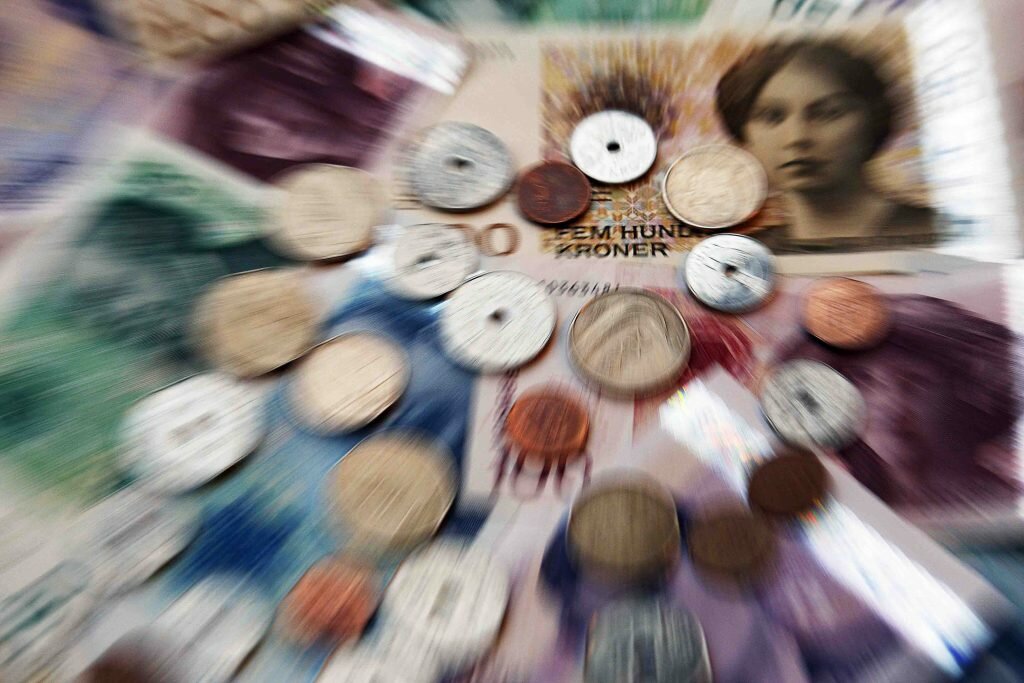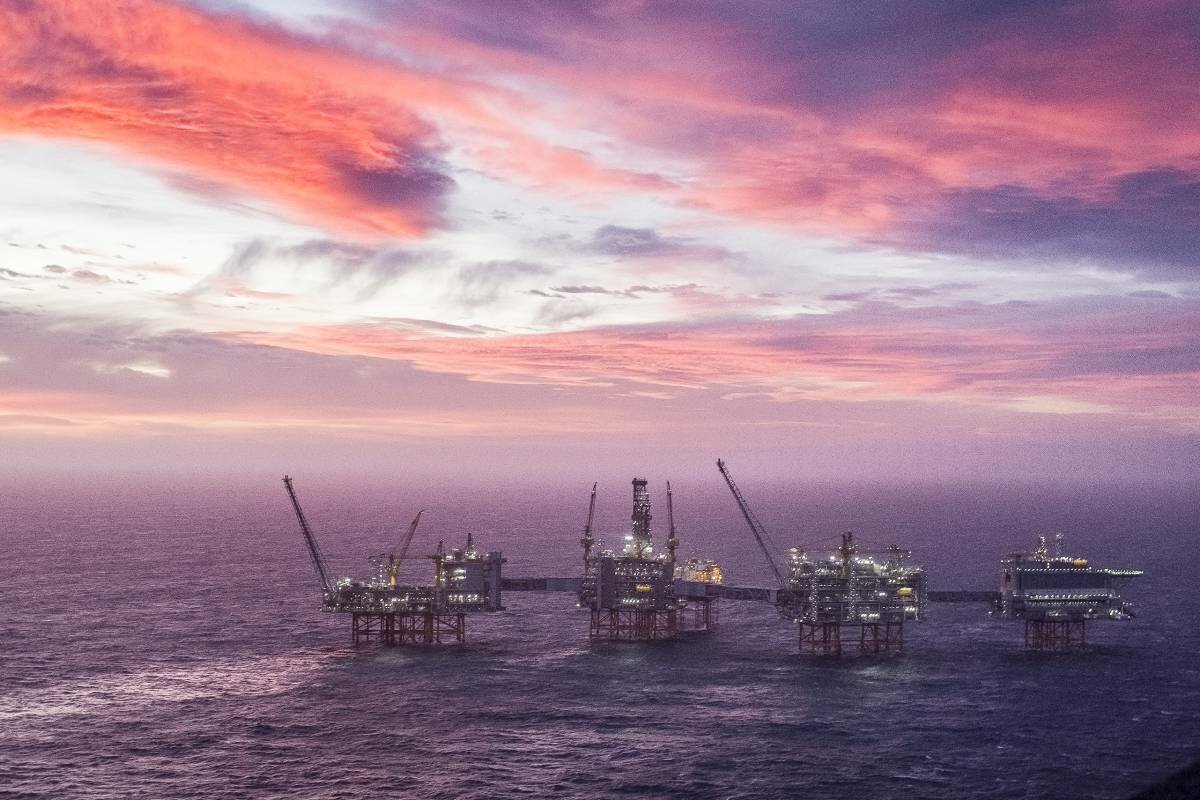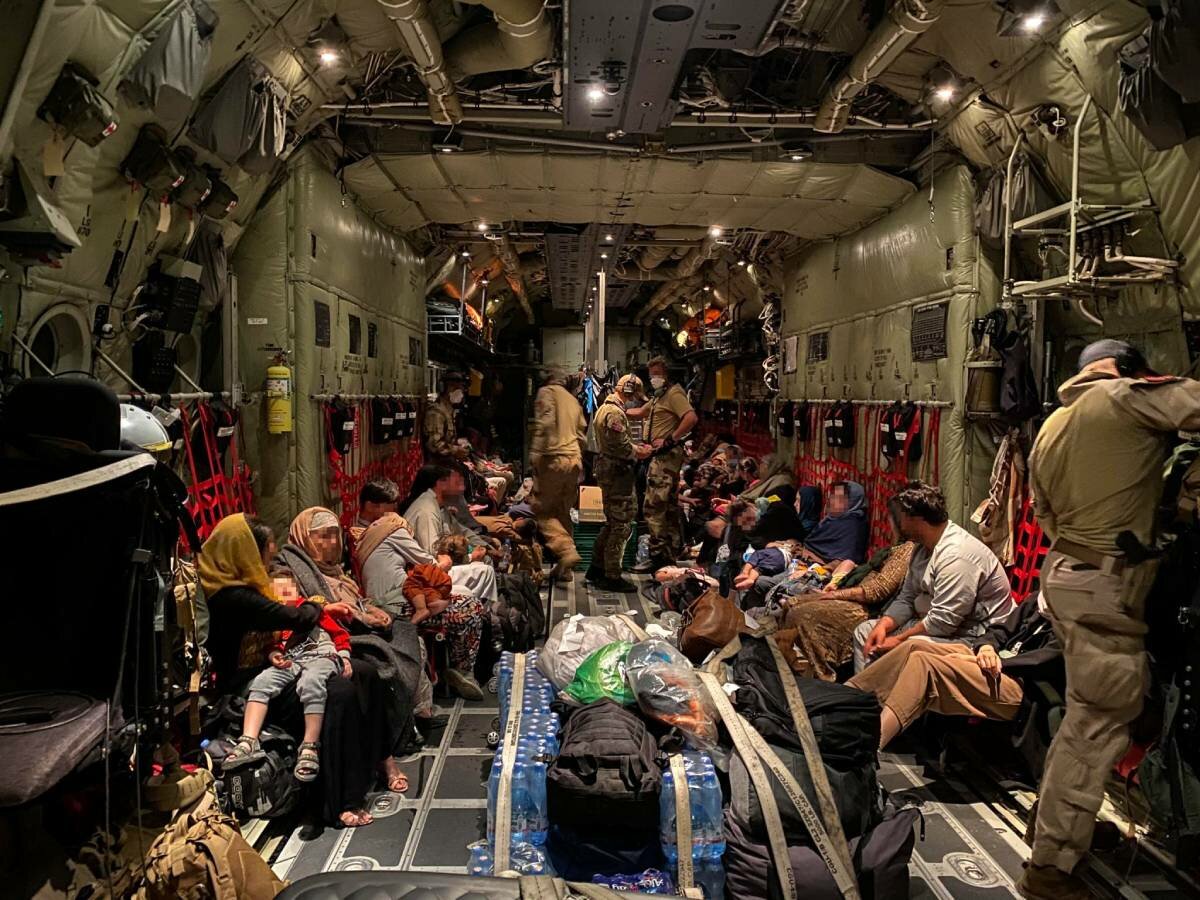Parliamentary elections in Norway take place on September 13. Unprecedented numbers of Norwegians have already cast their votes as the nation undergoes its first COVID-era election. What are the major issues that will underpin this election? What are the key points, matters, and affairs that will either see Prime Minister Solberg be re-elected or seal her government’s downfall?
The COVID-19 election?
The biggest news story of this decade, so far, has been the outbreak of the COVID-19 pandemic worldwide. Since arriving in Norway in February 2020, the coronavirus has cost billions of kroner, hundreds of lives, and unprecedented levels of disruption to the economy, society, and everyday life.
The incumbent government, a center-right conservative coalition, led by Prime Minister Erna Solberg, won praise for its initial handling of the pandemic. It locked down borders, supported both industry and employees with generous financial schemes which left the country in a better position than most of its neighbors in the area and broader Europe itself. Norway has seen 173,000 infections and, though tragic, 827 deaths which are less than neighbors Denmark, Sweden, and Finland.
Singing the delta blues
While the pace of vaccinations has improved dramatically this summer, a highly contagious new delta strain of the virus has been running amok throughout the country. The public is tired and a sense of lethargy has descended over a nation fed up with lockdowns, infection measures, and other disruptions to everyday life that a contagious pandemic can cause.
Voters will have to judge a government that initially secured its borders but then decided to reopen them last summer when a vaccine was not available. A government that set about stringent social distancing and infection control measures but were then broken by the head of the government that established them. A government that has done well to vaccinate the country but only in the past few months. To put it simply, this election may very well be a mandate on how well (or not) the government has handled the COVID-19 pandemic.

It’s the economy, stupid
Like one of Bill Clinton’s 1992 U.S. presidential campaign slogans, the economy, and how the current government has handled it, will be a major issue in this election. There is no doubt that the COVID-19 pandemic has caused the largest economic crisis in modern Norwegian history.
The economic cost of the COVID-19 pandemic has been estimated, by the government, to be NOK 245 billion. This includes over NOK 163 billion in fiscal measures (compensation schemes, income protection for employees, civil aviation industry bailout package, etc.) whilst a reduction in economic activity saw tax revenue drop by NOK 59.4 billion.
There is no doubt that the fiscal measures were needed as huge sectors of the economy, like hospitality, tourism, and entertainment, were completely shut down whilst others, like the aviation industry, were on the brink of collapse.
The big divide between the political left and right was not whether government fiscal intervention was needed but how much. Generally, those on the left wanted more money to NAV (and thus employees, families, etc.) and less to guarantee big business loans. On the right, the normal rules of fiscal conservatism were thrown out of the window at the first sign of the pandemic, more financial support for the business community was requested. The government will make the case that they were a safe pair of (economic) hands during the worst crisis in modern history. The opposition parties will argue that their policies would have ensured Norway not only “built back better” but also more equitable.
Low unemployment – who gets the credit?
The issue of how the economy is working right now will also be on voters’ minds. The effects of lockdowns on huge sectors of the economy saw the unemployment rate peak, last March, at 10.6%. The Norwegian Welfare and Labour Administration (Arbeids og velferdsforvaltningen, NAV), which normally accounts for just under a third of the national budget, saw unprecedented numbers of people register as unemployed, partially unemployed, or in need of financial assistance.
As Norway has reopened, unlocking much of the country and economy, along with the generous financial schemes provided by the government, unemployment has dropped to, as of the end of August 2021, just 2.7%. The government will try and argue that it was their quick and decisive action that saved the economy whilst opposition parties will argue that it was their collaboration and inclusion in the talks of the crisis package that helped society.

Climate change and crisis
Climate policy is perhaps the key issue in a country that still has a large, and influential, fossil fuel sector. This is the area where smaller parties, like the Green Party (Miljøpartiet De Grønne, MDG) and the Socialist Left Party (Sosialistisk Venstreparti, SV) can exert an influence. Since the publishing of a United Nations report on global warming, environmentally-minded parties have seen a surge in popularity. In fact, the MDG’s membership has increased by 25%.
The key question is how best, and when, to manage the transition away from the economy’s reliance on fossil fuels. For the Greens, they want an immediate stop of oil exploration and all fossil fuel production to cease by 2035. The Labour Party (Arbeiderpartiet, AP) and Conservative Party (Høyre, H) both want to stagger the transition off fossil fuels in order to reduce unemployment and to give time for Norway to find another valuable economic output. Both parties have agreed to focus on hydrogen and offshore wind farms to start this transition whilst allowing gas and oil firms to continue business beyond 2050.
How best each party can both harness the economic opportunities of the Arctic whilst maintaining its pristine natural environment will also be an issue.
Scandal, scandal, scandals…
Since the last election, the Norwegian political class has been engulfed in a series of scandals. The largest one, which cuts across the party divide, has been the NAV scandal. Both the current and former governments (AP-led center-left coalition) were responsible for this illegal and immoral bureaucratic oversight throwing people into jail and debt. Given that most of the country has had some dealings with NAV in the past year, this may well be on voters’ minds come election day.
From eating sushi with your extended family in Geilo during a national lockdown, to “living” at home with your parents when you’re 36 whilst a homeowner, the current government has been plagued this year by scandals. Is this a sign of a government too long in power, too tired and arrogant? Or is it just a series of unfortunate events, the likes that Lemony Snicket would be proud of?
Those smaller parties are not without scandal too. Though on a local level, Lan Marie Berg, MDG representative on the Oslo City Council, was forced to resign due to a water project budget blowout. As the MDG seeks to tap into the young urban progressive vote, what impact will this experience have?

Islamophobia and immigration
Prime Minister Solberg’s government was thrown into chaos last year when Siv Jensen, then leader of the Progress Party (Fremskrittspartiet, FrP), a right-wing populist party, pulled her party out of the government over the issue of the repatriation of a Norwegian citizen who volunteered for the Islamic State. Jensen felt that the person in question should receive no assistance from the Norwegian government. Whilst Jensen quit this February, the party she led pushed the Solberg government to the right on immigration.
This is in contrast to the SV who want to not only increase the immigration rate but also take in a greater number of asylum seekers. Given that Norway has just pulled out of Afghanistan, the SV believes Norway has a moral duty to resettle as many Afghans, regardless of whether they helped Norwegian armed forces or not. The FRP has complained, already, at the “high” number of Afghans resettled.
Islamophobic and extremist right-wing organizations like Stopp islamiseringen av Norge (Stop Islamisation of Norway, SIAN) have grown in popularity and held very public and provocative events throughout Norway in recent years. This has, unfortunately, helped bring Islamophobia into the public spotlight.
Mainstream politics is not immune from this creeping prejudice as just months after the Al Noor mosque attack the former leader of the FRP (Progress Party), Siv Jensen, accused Muslims who refused to greet people of the opposite sex of undertaking “sneak Islamisation.”
Municipal reforms and tolls
The current government has forced municipal reforms as part of its agenda. Meant to streamline government services and save money, it has been met with mixed reactions. Some county mergers have been forced involuntarily causing great animosity. The huge region now known as Troms og Finnmark was established despite a referendum that saw 87% of voters oppose this forced merger. Will these reforms, especially in Northern Norway, cause voters to protest against the government?
The spread of toll roads also shapes up to be a major election issue. The cost of owning a car in Norway is expensive even before you start driving it on the road. Many voters feel that tolls are not only too high but new toll roads appear to pop up far too often. The micro-party “People’s Action No to More Road Tolls” (Folkeaksjonen nei til mer bompenger, FNB) has sprung up to tap into this voter frustration. During the 2019 local elections, it won 16.7% of the vote in Bergen. This has forced the issue of the cost of toll roads to be taken seriously.
All of these issues are important but what will see Prime Minister Solberg re-elected or a change of government remains to be seen. All will be revealed come September 13.
The opinions expressed are those of the author and are not held by Norway Today unless specifically stated.
About the author:
Jonathan is a lover of the written word. He believes the best way to combat this polarization of news and politics, in our time, is by having a balanced view. Both sides of the story are equally important. He also enjoys traveling and live music.
Source: #Norway Today / #NorwayTodayNews
Do you have a news tip for Norway Today? We want to hear it. Get in touch at [email protected]



There is also now the big question of whether or not Norway should have blindly followed the US and Britain and NATO into Afghanistan and into setting up in 2016 a camp in Jordan to train Syrians to fight “only” ISIS.
And in the States, our Afghanistan pullout is making Americans question the reason we wasted $2*trillion* and over 2,000 of our young and best lives in The Graveyard of Empires … and whether we went into there on a 9/11 lie in the first place.
And the strange absence of any article so far today on Norway Today about this being the 20th anniversary of 9/11 is noticeable.